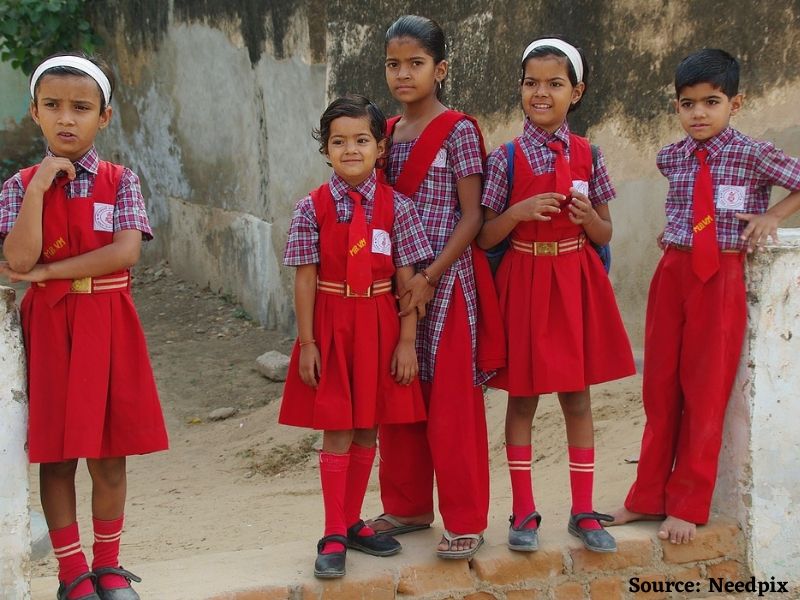The Gujarat High Court has asked the state government to ensure private schools do not cancel admission of students who are not able to deposit fees by 30 June. A bench of Chief Justice Vikram Nath and Justice J.B. Pardiwala asked the state to regulate online classes for school students and examine whether all the schools holding virtual classes for younger children is in the interest of their health.
The order was pronounced in a suo motu cognisance case on the state government’s preparedness to handle the Covid-19 crisis. The order to schools was issued on June 19, a copy of which was uploaded on 26 June, on a petition filed by an unregistered organisation named All Gujarat Vali Mandal will restrain schools from charging various fees except for the tuition fee until schools reopen physically.
The petitioner also asked schools to raise bills on a monthly basis and there should not be any increase in tuition fee. The court told the state’s advocate general Kamal Trivedi, “We are conscious of the fact that the State Government may not like to involve itself with the administration of the private schools, but in the wake of the current scenario, we request the State Government to work out some modalities with all the private schools across the State of Gujarat so far as the issues raised in this writ application are concerned.”
Apart form the Gujarat Private schools admission fees, the court went on to issue directions to the state on online teaching that has started in Ahmedabad. The court said, “We are saying so because say, for instance, there are three children in the family and if the teaching is online, then all the three children studying in different standards may not be able to utilise the computer or laptop for such purpose.”
The court also added that if a middle-class family can not afford more than one laptop or computer or television, then the other children in the family may be deprived of the benefit of online teaching. For such matter, the state must look into it.
The state should also consider online teaching if online teaching for very young children are safe. “We are saying so because a child studying in the nursery or in the first standard or second standard may remain exposed for a quite long time to the screen of the television or laptop or computer” adding that such classes may not only affect the eyes but also their overall health. The bench also said that “the experts are also of the view that children below five years of age should not be imparted online education.”
Source: The Print
Also read: J&K private schools announce fees waiver for students
